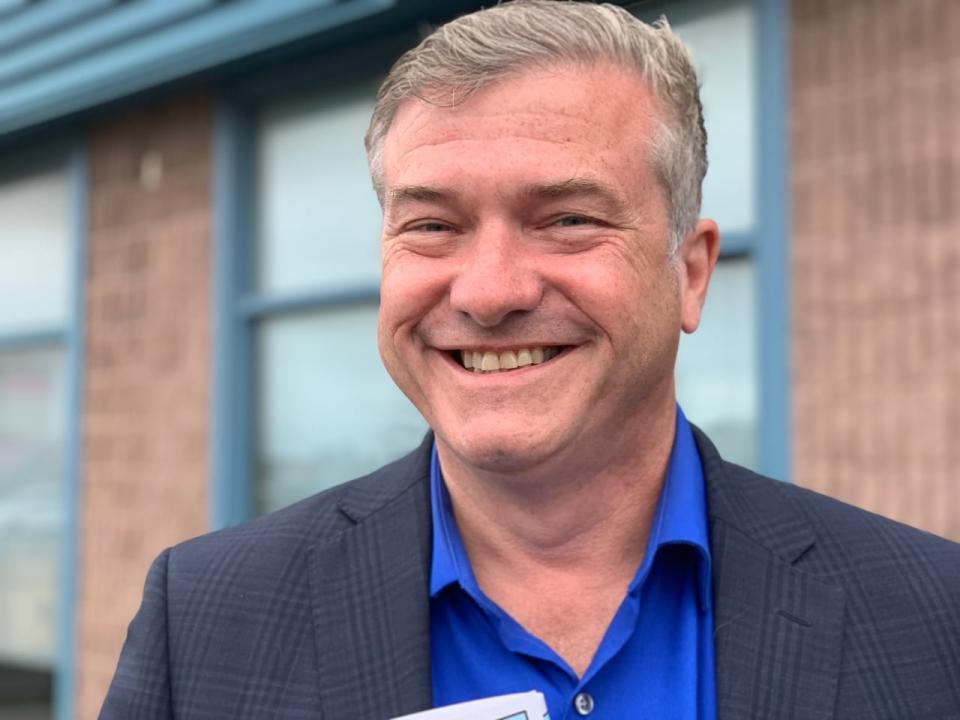City councillors eye solution to keep community associations insured

UPDATE | Members of the finance and corporate services committee passed a motion brought by vice-chair Catherine Kitts to revamp the Community Partners Insurance Program. Under new criteria, not-for-profit groups will need to:
Have a board of directors and constitution or bylaw.
Hold an annual general meeting and meetings open to the community.
Have been around for at least two years.
Be in good financial standing with the city.
And give no support to candidates for elected office.
The existing program will continue for the rest of the year, with staff aiming to roll out a new program in time for the 2025 budget.
Community associations in Ottawa seem poised to win a yearslong fight with the city to replace an inequitable insurance program with one that covers premiums for certain groups based on clear criteria.
The Community Partners Insurance Program (CPIP) is a holdover that saw the city pay for insurance for a list of groups that existed before amalgamation, while negotiating rates for other groups that would bear the cost themselves.
The city spent years coming up with a solution to the two-tiered system, before deciding the only way forward was to shutter the program and redirect $234,000 in savings toward funding grants.
That proposal was universally panned last November.
Community groups expressed frustration the city wasn't listening to them and councillors worried the change would cause the demise of programs and events their residents know and love.
"I thought it was fairly inappropriate for city staff to have had two years of deliberations, ostensibly with community groups, and to come back with a report this past winter that says we're going to kill the program," said College Coun. Laine Johnson.
"To me, that showed really no ingenuity and no respect for the community partners who have been participating in good faith."
The months since then have evidently proven more productive.
City solicitor and interim city clerk David White laid out the results to councillors in a memo that highlighted how community groups "voiced a clear preference" for retaining insurance coverage through a revised program.
Councillors will consider a motion on Tuesday to follow that guidance.
Johnson said she and Orléans South-Navan Coun. Catherine Kitts have been working on a motion that "reflects the community priorities," and that she expects will receive the committee's support.
Inequity had consequences
Former city councillor Alex Cullen has been working on this file for the Federation of Citizens' Associations of Ottawa and said by email that groups are "adamant" that they cannot take on the responsibility to negotiate with insurers.
Those who attended the two consultation sessions told the city that volunteers do not have the expertise or capacity to take on that task.
White said that worry "outweighed" concerns the city's ongoing problems finding insurers willing to underwrite community events would put the entire program at risk.
"The community is saying 'Let's do everything in our power to try and tighten up on the eligible groups and perhaps the events they put forward,'" said Johnson.

College Coun. Laine Johnson said the city needs community groups and she hopes a positive outcome in this case will reinvigorate that relationship. (Kate Porter/CBC)
The current reality has seen groups in her area fold or forfeit grants and is not acceptable, she said.
"We need them. We need them in a crisis," said Johnson. "We need them to deliver on the ground, even recreation programs that we can't afford to do."
'You can fight city hall and win'
Beacon Hill-Cyrville Coun. Tim Tierney said the value of community events and resources is even more obvious coming out of the COVID-19 pandemic.
"We want more community-building," he said, adding that Ottawa doesn't want another "NCC lemonade situation" where bureaucracy runs amok.

Beacon Hill-Cyrville Coun. Tim Tierney said this process could show the community that "you can fight city hall and win." (Kate Porter/CBC)
Both councillors believe a positive outcome in this case could herald a "new relationship with the city" and prove that the city wants to work with those creating positive change in their neighbourhoods.
This will also show, according to Tierney, that "you can fight city hall and win."
Cullen said that will all depend on what happens at the committee Tuesday morning and he'll be there to find out if they were listening.
The current year of insurance coverage will expire this summer, though Johnson said work on the revised program will extend beyond that timeline.


